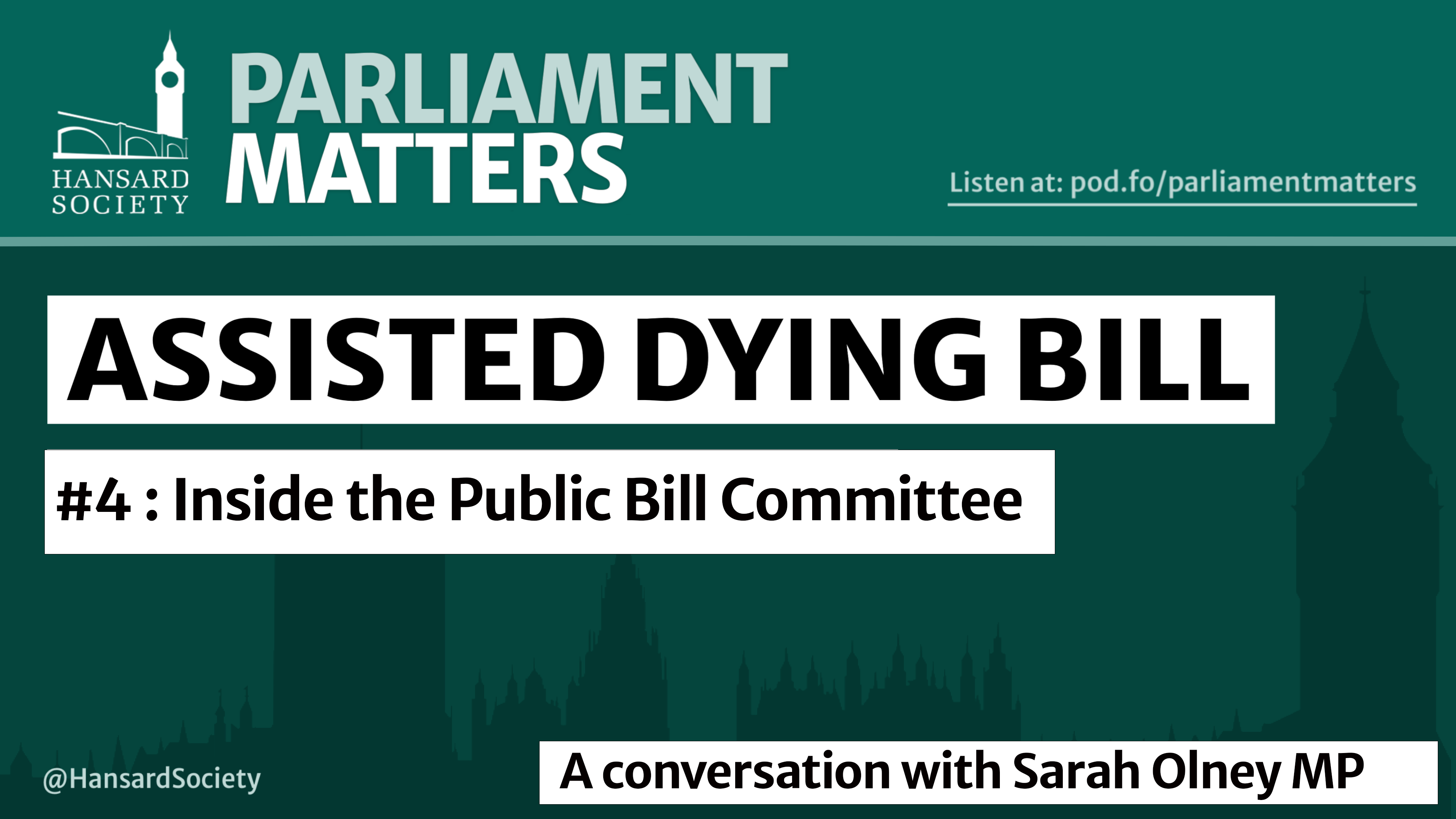News / Parliament Matters Bulletin: What’s coming up in Parliament this week? 15-18 December 2025
The Prime Minister will appear before the Liaison Committee to answer questions on standards in public life and progress on the Government’s Plan for Change. Senior ministers including the Defence Secretary, the Lord Chancellor, and the Science and Environment Secretaries will face MPs’ questions. David Lammy and Darren Jones will appear before Select Committees. Both Houses will continue ping-pong on the Employment Rights Bill, while MPs debate Budget measures in the Finance (No. 2) Bill and the National Insurance Contributions (Employer Pensions Contributions) Bill. Peers will scrutinise the Crime and Policing, Pension Schemes, and Victims and Courts bills and establish a new Lords Reform select committee.




